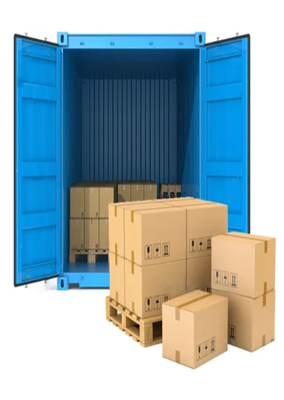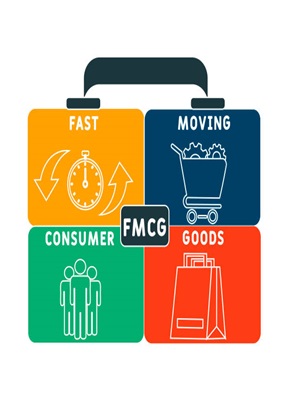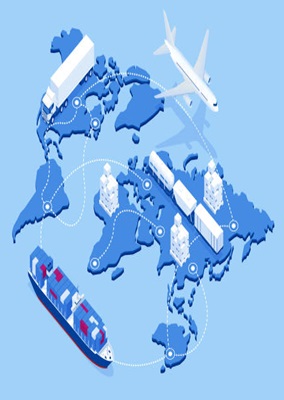
FCL-Full Container Load
FCL (Full Container Load) logistics refers to the practice of shipping goods in a full container, dedicated to a single customer or shipment. This method offers several advantages, including cost efficiency, as the price per unit can be lower compared to less-than-container load (LCL) shipments. FCL provides greater control over cargo handling, reducing the risk of damage or loss, and minimizes transit times due to direct shipping routes without intermediate stops. It also enhances security and reduces the complexity of customs procedures since the container is sealed and handled as a single unit. Ideal for larger shipments, FCL ensures optimal space utilization and can streamline inventory management and supply chain operations.





